Alexa Luborsky
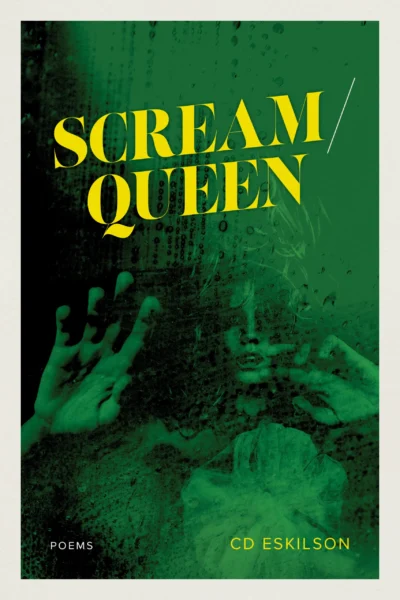
Interview // “Demonstrating / Monster”: A Conversation with CD Eskilson
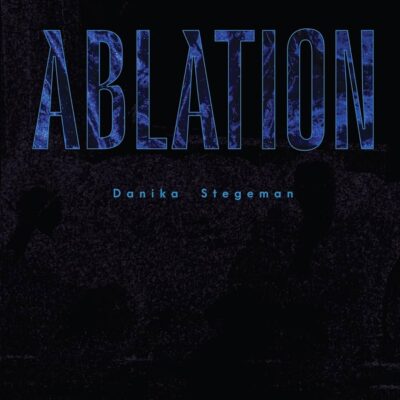
Interview // “Generosity in Vulnerability”: A Conversation with Danika Stegeman
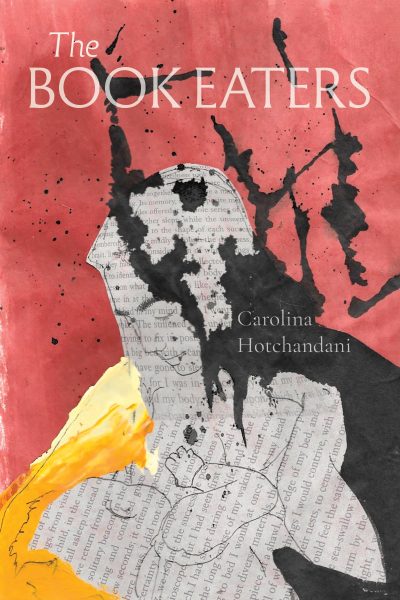
Review & Interview // “Where Insects Bite”: A Conversation with Carolina Hotchandani and Review of The Book Eaters
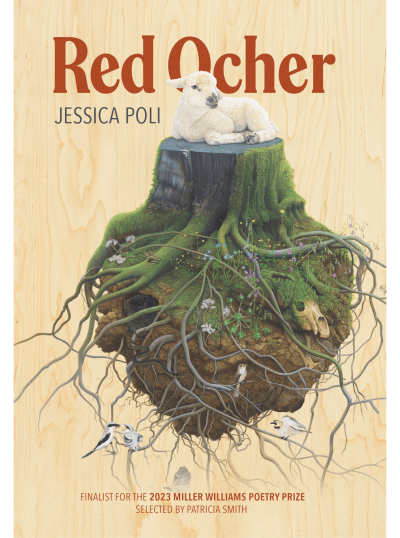
Interview // “From Farm to Poem”: A Conversation with Jessica Poli
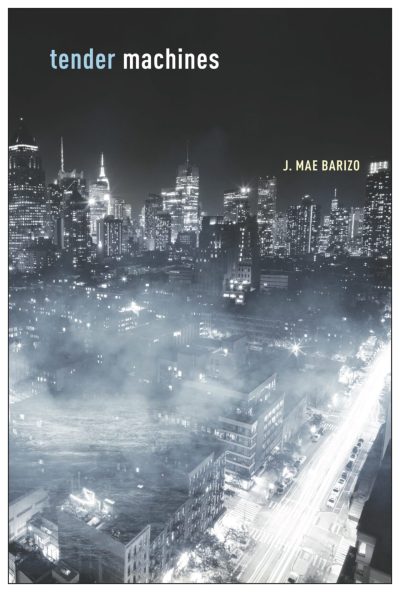
Interview // “Small Essays on Disappearance”: A Conversation with J. Mae Barizo
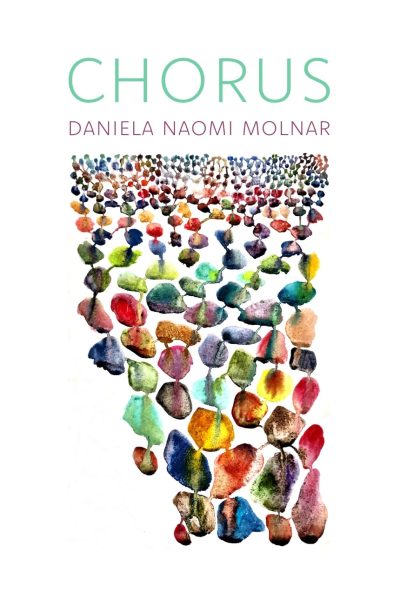
In Conversation // “The Canyon and the Island”—John C. Morrison & Daniela Naomi Molnar
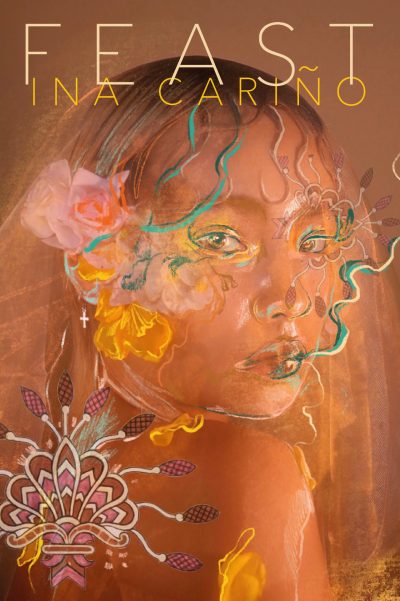
Interview // “Language as a Map to a Future Destination”: A Conversation with Ina Cariño

Interview // “The Voices We Carry”: A Conversation with Naomi Shihab Nye
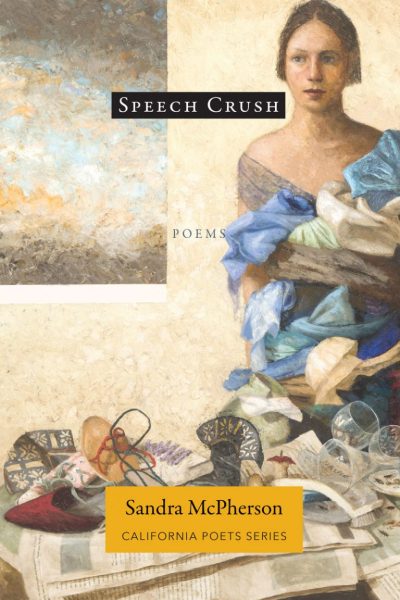
Interview // “Speech Crush”: A Conversation with Sandra McPherson
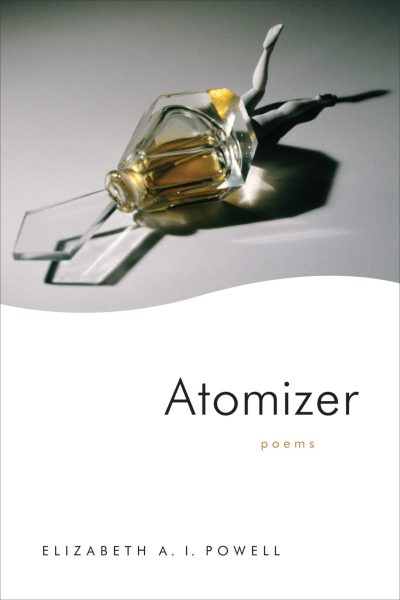
Review & Interview // “Scent as Summons”: A Conversation with Elizabeth A. I. Powell and Review of Atomizer
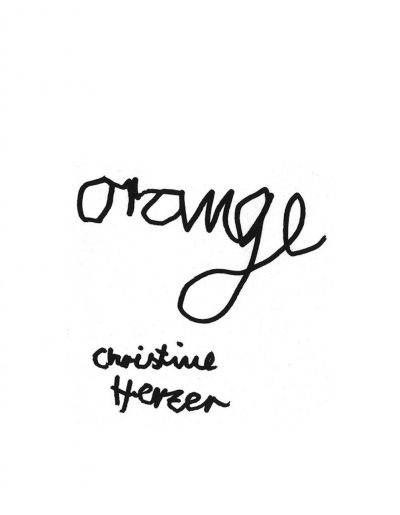
Interview // “Color is a Way of Entry”: A Conversation with Christine Herzer

